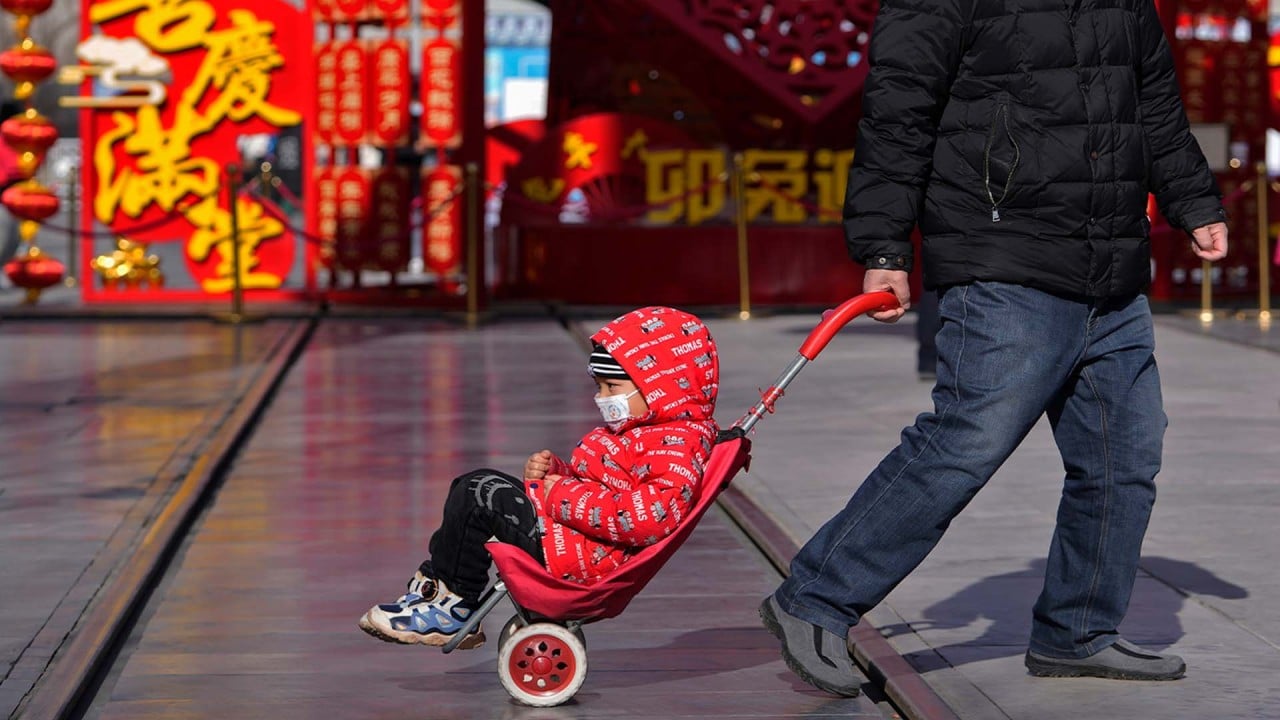
China’s falling birth rate prompts call to allow single women to freeze eggs
- Xu Congjian, a member of the top political advisory body, says policies on assisted reproductive technology should be ‘moderately liberalised’
- It’s among ideas being floated to lift the birth rate after the country reported a population decline last year for the first time in six decades
“Under certain conditions, unmarried women above a certain age who are unable to bear children but have a strong desire to preserve their fertility can consider assisted reproductive technology,” Xu told Shanghai-based news outlet The Paper on Wednesday.
“But it should also be stressed that it should not be completely liberalised,” said Xu, who also heads Fudan University’s Obstetrics and Gynaecology Hospital.
Currently, China’s laws restrict unmarried women from accessing fertility services that are offered to married women, including egg freezing and in vitro fertilisation, or IVF. Unmarried women who choose to have children have long struggled to access public benefits like maternity leave or coverage for prenatal exams.
Xu, in the interview with The Paper, said some of these regulations needed to be updated to keep up with the times. “In the past, we tended to control population growth, but now we tend to encourage births. In this case, regulations on reproductive technology may need to be revised appropriately,” he said.
In particular, he suggested that women who meet certain medical criteria – such as having a disease that affects childbearing – should be granted access to egg freezing. But Xu added that he opposed an “unconditional” easing of the egg-freezing policy.
As lawmakers mull ways to boost the country’s shrinking population, other members of the political advisory body have also weighed in with proposals this week.
Xie Wenmin, a CPPCC member, told state-run tabloid Global Times that China should lift restrictions on the registration of newborns – under the existing rules, only married women can legally give birth.
Another member, Gan Huatian, suggested paternity leave be increased so that men can share parenting responsibilities.
CPPCC delegate Zhao Dongling separately proposed that families who have a third child born after 2024 receive free college education, according to reports – a suggestion that generated buzz on Chinese social media.
The woman, Teresa Xu, had visited her public hospital to ask about preserving her eggs but was told she could not proceed beyond an initial consultation because she had no marriage certificate. The court eventually ruled that the hospital had not violated her rights in denying her access to egg freezing.
China’s demographic downturn has largely been a result of its earlier one-child policy imposed between 1980 and 2015. But even after the government scrapped the rule – allowing couples to have two and then three children – the country’s birth rate has remained low, with high childcare and education costs listed as key issues.


